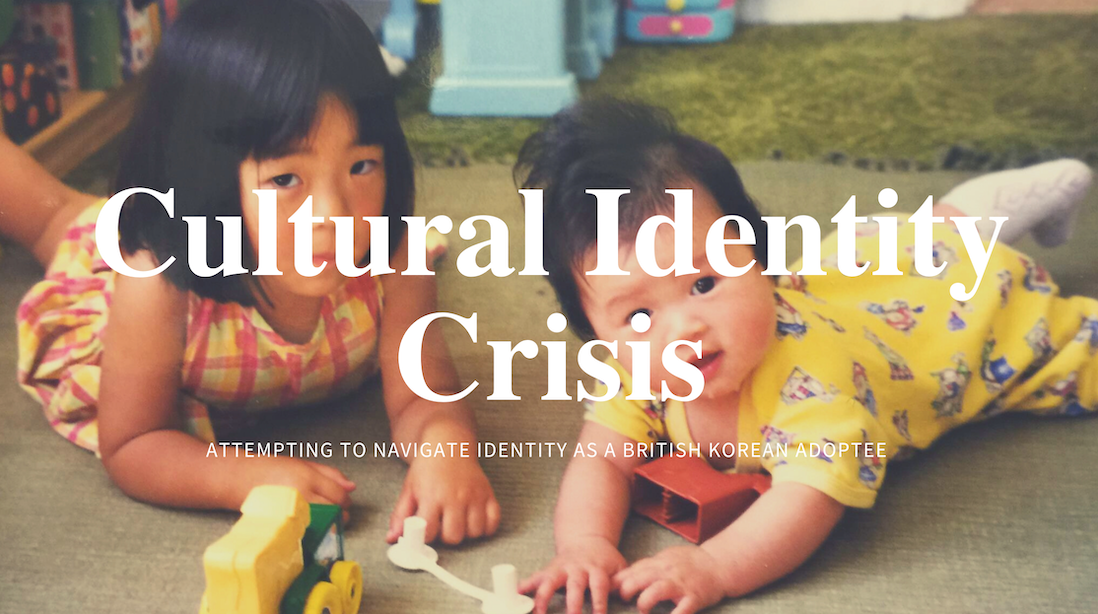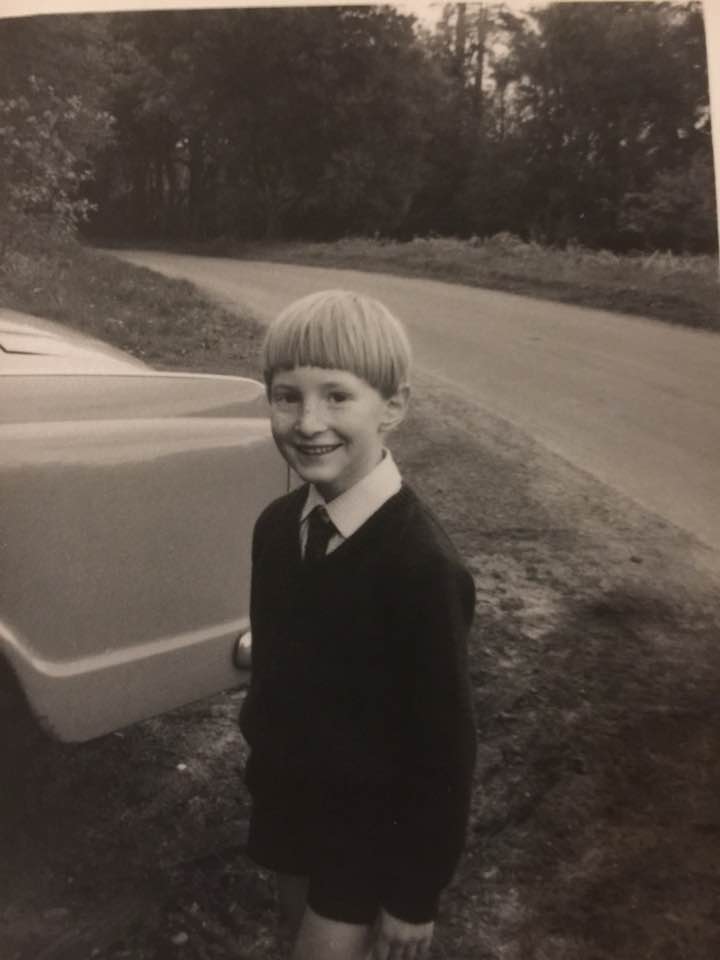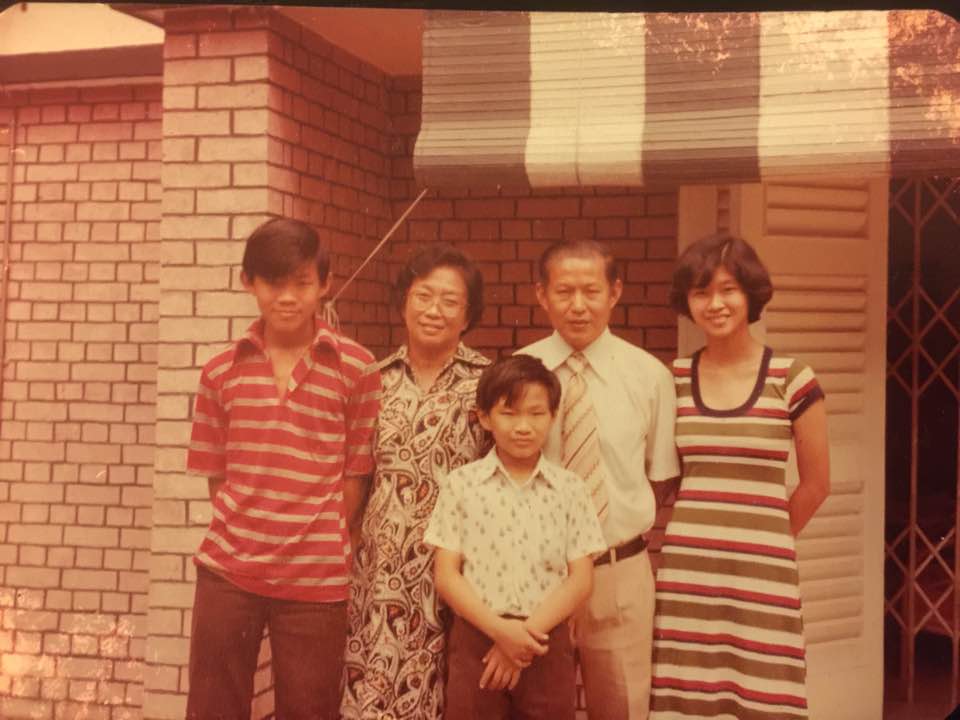
I’m sure any person of colour living in a predominantly white country is all too familiar with the ‘where are you from?’ narrative by now.
‘Where are you from?’
asks the well-meaning neighbour/friend/colleague/stranger.
‘I grew up in a small town near Reading.’
They grimace, awkwardly. This is not what they meant and we both know it.
‘No, but where are you really from? Like, originally?’
Or, in some cases,
‘But where are your parents from?
I am aware that these sorts of dialogues usually stem from genuine interest at best, and misplaced but innocuous ignorance at worst. Unlike other direct forms of prejudice, it is hard to place a finger on why these microaggressions end up being harmful but when added to the pile of pre-existing effects of institutional racism, you can see how mountains can be made out of molehills. At the core of questions like these is an expectation of self-justification: your appearance implies that you clearly aren’t from here. So where are you from? Justify your existence and the conditions that lead to your being here. All in the space of twenty seconds of small talk. But perhaps I am overthinking it slightly. Maybe they genuinely just want to know my ethnic origins?
There is an added layer of complexity to my own personal background that makes this issue multifaceted and one that I have grappled with loosely with over the years without ever really submerging myself fully. I am adopted – my mother is Malaysian Chinese and my father is British, but my ethnic origins are South Korean.
But how do I identify?
My sister and I have a running joke that we are ‘bananas’ – yellow on the outside, white on the inside. Most of my cultural identity thus far stems from being British – I’ve been told by friends that ‘sometimes I even forget you’re Asian’, as if that’s something I should pride myself on. I’m not deliberately trying to erase or neutralise my ethnicity, it’s just not something that I feel any particular affinity to. If anything, the main cultural influence in my life besides my inherent Britishness is my adoptive mother’s Malaysian heritage.
If I had to isolate a country in Asia that I felt most familiar with, it’d definitely be Malaysia. Most of my memories of Malaysia don’t involve selfies at the Petronas towers or finding myself in the Cameron Highlands, but rather the comfortable mundanity of getting lost in shopping malls, hanging out with family members and stuffing myself into a nasi lemak based food coma. My mum hosts an annual Chinese New Year steamboat party where my relatives flock to gather over heaped plates of food and catch up on family news in some hybrid language. I don’t think I’ve ever felt more Asian than I do when I’m sat amongst my extended family, preparing hand rolled dumplings, eyeing up the red packets in the corner of the room. But I hesitate to say that I identify as Malaysian. Because I’m not.
It’s really hard trying to figure yourself out and who you are, when you know so little about where you came from.
I identify even less so as Korean, despite that being my actual ethnicity. I don’t know much about my birth mother, apart from the fact that she was a south Korean student situated in London at the time of my birth. That’s it. Trust me, I’ve tried to squeeze out as many details from my parents as I can, but she seems to have left things deliberately ambiguous. I think this is where my problem stems from. It’s really hard trying to figure yourself out and who you are, when you know so little about where you came from. John Raible, in his essay ‘Lifelong Impact, Enduring Need’ sums it up much more eloquently than I ever could: this is the “paradox that is the inheritance of all adoptees, who arguably have been given a fresh start in life, [the fact that it] is rooted in the opposite experience of profound loss.”
It seems then that classifying myself and identifying with one definitive culture is out of the picture. But despite my racial identity being a nebulous thing, there is a generic ‘Asianness’ that does somewhat appeal to me. It may seem like case of cognitive dissonance to say that I don’t identify with a single Asian culture and yet feel ‘Asian’, but I think this is precisely the point. I might not affiliate with being fully Malaysian or fully Korean, but I can’t ignore the inescapable fact of the colour of my skin and my physical appearance. Superficially, the colour of my skin has never been particularly significant to me besides attracting the odd racial slur or encouraging a random drunk man to shout items from the Chinese takeaway menu at me in the street. But I’ve got a general awareness of my Asianness, mostly stemming from not being white. Watching people on TV growing up, I was certainly aware of a lack of people who looked like me. Or if there was Asian representation, it tended to be typecast stereotypes rather than interesting people with innate value besides their Asianness.
Juxtaposed to this sense of ‘lacking’ when it comes to my Asianness, I have also felt the sense of comfort that comes from being part of a wider community that seems to acknowledge your presence without needing to announce it. What I mean by that is there seems to be an invisible thread binding fellow Asians together in mutual solidarity – there is a universal understanding despite not knowing the full extent of each other’s experiences. I remember on my very first day of secondary school, I gravitated towards the only other Asian girl in the room who incidentally ended up becoming one of my best friends to this date. Our friendship, we both acknowledge years later, was definitely formed on the basis of the fact that we both looked kind of similar. Two little brown peas in a sea of homogenous white faces.
Before I get carried away, I’d like to reflect on an idea that particularly resonates with me and is probably as close to a notion of ‘identity’ as I will ever get to.
I think it’s better to view my racial and cultural identity as something that is not one fixed thing. It is fluid, constantly changing, shifting and evolving from one moment to the next.
I recently read in this article about the Harris Racial Identity Model (1999) – composed of five intertwining levels, that seek to explain how race impacts self-identity. Harris talks about ‘imposed racial identity’, i.e. what other people assume about my race, based on my physical appearance, versus ‘cognitive racial identity’ i.e. what I think or know myself to be. This in itself is different to ‘feeling racial identity’, which is what I feel inside despite the facts – so even though I know I am ethnically Korean, I don’t necessarily feel that affiliation. Without getting bogged down in academic lingo, this compartmentalisation was a bit of a eureka moment for me.
Rather than identify as X, Y or Z, I think it’s better to view my racial and cultural identity as something that is not one fixed thing. It is fluid, constantly changing, shifting and evolving from one moment to the next and highly dependent on context. It is only when I started to recognise people’s reactions to my appearance, or from asking my parents questions about my origin, that I became aware of my racial identity at all. I still don’t have a definitive answer to the big ‘who am I’ question, but I can now say with certainty that my identity is not something that can be compartmentalised or shut into a box. Rather than concentrating on what I am, I’m going to refocus on the things that make me feel most myself.
I hope you enjoyed this post. Have you ever had similar thoughts or questions about your own cultural identity? Feel free to get in touch if so.


Beautifully written dude!! Loved reading this
Author
Thank you dude, means a lot!
“Rather than concentrating on what I am, I’m going to refocus on the things that make me feel most myself.”
This sounds like a very honest and heartfelt post, and I hope you achieve your aspiration above
Author
Thank you very much!